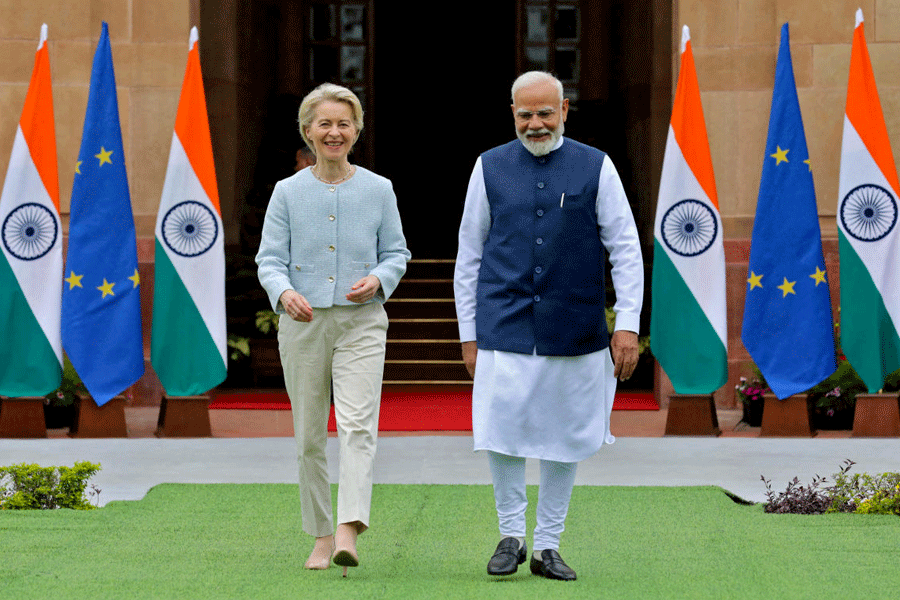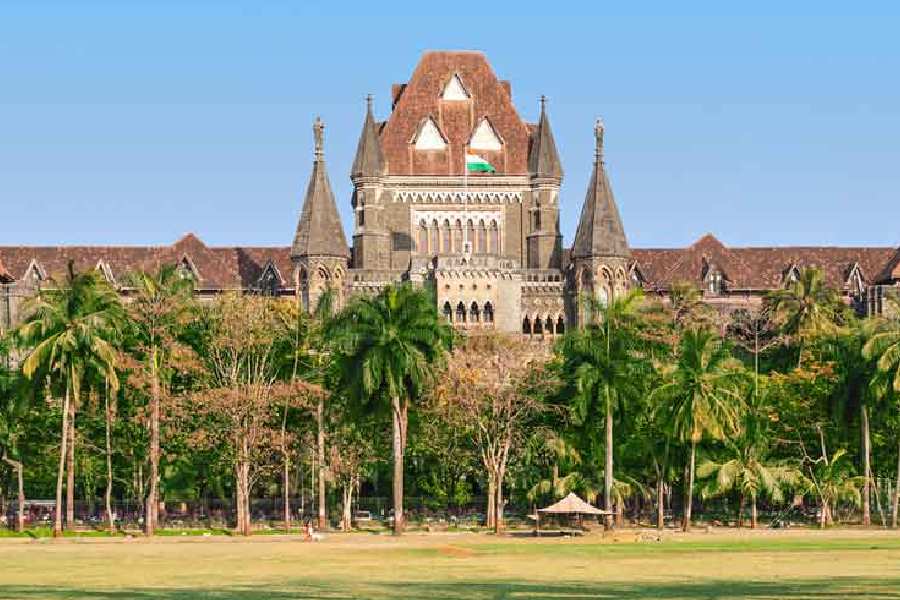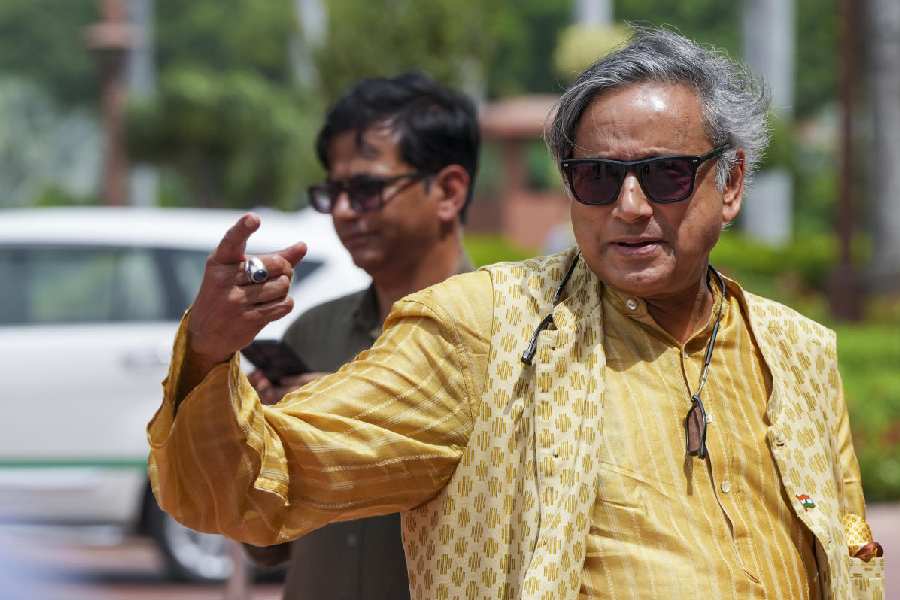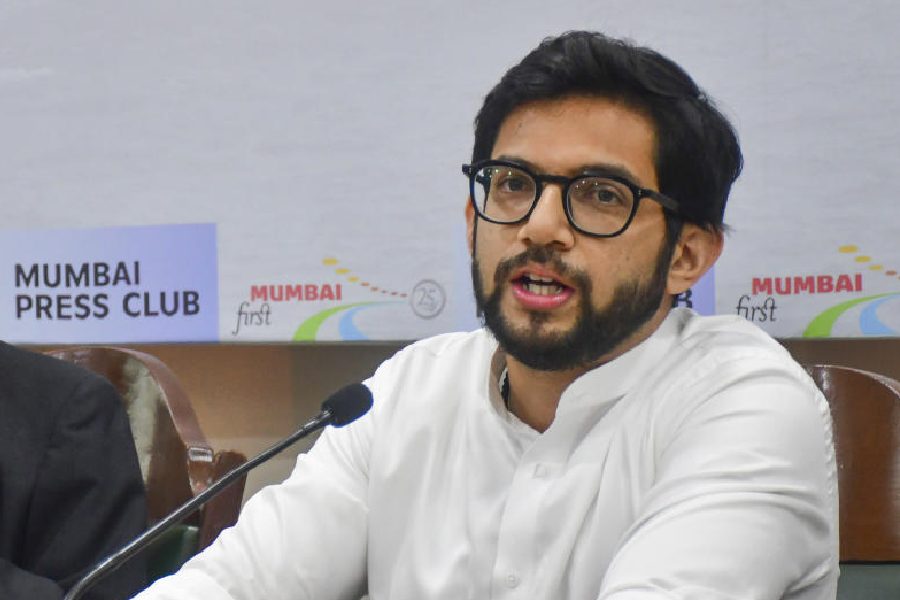The Supreme Court on Wednesday directed the Haryana government to limit its investigations to the two FIRs registered against Ashoka University associate professor Ali Khan Mahmudabad for his controversial social media posts on Operation Sindoor.
The bench of Justices Surya Kant and Dipankar Datta, however, refused to modify the interim bail condition imposed on Mahmudabad on May 21 that he would not write any online post or article, or make any speech related to either of the two online posts that are the subject matter of the investigation.
The bench passed the order after senior lawyer Kapil Sibal, appearing for the professor, expressed apprehension that the investigating agency might widen the ambit of the two FIRs as they had already started seeking access to some of Mahmudabad’s digital devices.
“Where is the question of seeking devices? Don’t try to expand the scope…. The SIT is free to form its opinion,” Justice Kant, heading the bench, told the state’s additional advocate-general, B.K. Satija.
The bench, however, turned down Sibal’s request that the restraint on Mahmudabad from commenting on Operation Sindoor be removed.
“These are mature people… he is an Oxford University graduate,” Sibal said, arguing for the withdrawal of the restraint.
However, the bench said: “Wait for some time, you remind us on the next date. There is no impediment on his right to speech. He is free to write on anything else except on the subject matter….”
Later, the bench in its order directed the special investigation team to confine the probe to “the contents of the two FIRs, which are subject matter of these proceedings. The investigation report, which is filed before the jurisdictional court, be produced before this court. The interim protection shall continue till further orders”.
The court posted the matter to July 16.
On May 21, the top court granted interim bail to the professor but refused to stay the investigation against him.
It had directed the setting up of a three-member SIT to look into the FIRs lodged against him by the Haryana police, which arrested Mahmudabad on May 18.
One FIR was based on a complaint by the chairperson of the Haryana State Commission for Women, Renu Bhatia, and the other on a complaint by a village sarpanch in Sonipat district.
“On the commission chairperson’s complaint, the FIR has been lodged against Professor Ali of Ashoka University under Bharatiya Nyaya Sanhita sections 152 (acts endangering sovereignty or unity and integrity of India), 353 (statements conducing to public mischief), 79 (deliberate actions aimed at insulting the modesty of a woman) and 196 (1) (promoting enmity between different groups on grounds of religion),” the police said.
Mahmudabad had in his petition challenged his arrest over a Facebook post in
which he had contrasted the “optics” of having Colonel Sofiya Qureshi as an Operation Sindoor spokesperson with the “hypocrisy” of the BJP’s “hate-mongering” against Muslims.
Expressing displeasure over Mahmudabad’s choice of words, Justice Kant had in the last hearing said they were a “deliberate” attempt to “insult, humiliate” and cause “discomfort” to some people.
“This is what we call in the law ‘dog whistling’. Some of the comments are not offending to the nation as such. But… when the choice of words is deliberately made to insult, humiliate or cause discomfort to other persons… we do not think the learned professor was short of words…. He could have used simple language without hurting others,” Justice Kant, heading the bench, had observed.
“Have some respect for the sentiments of others,” he had said.










